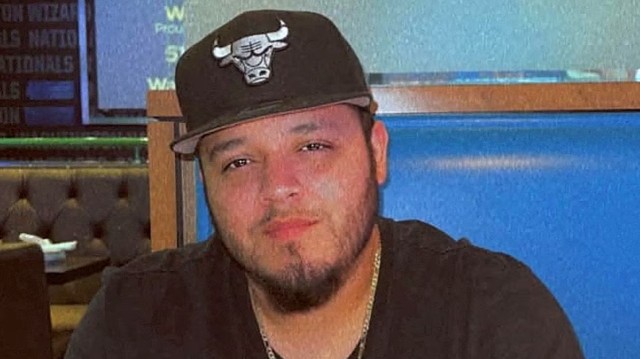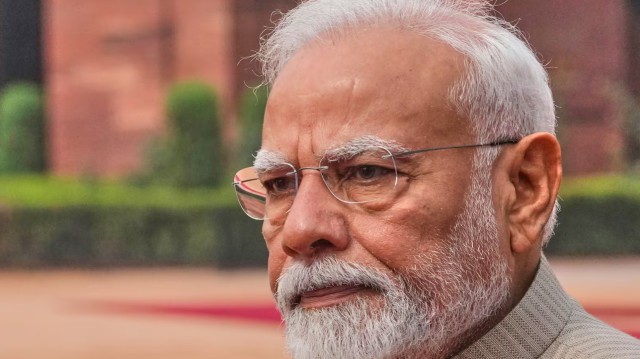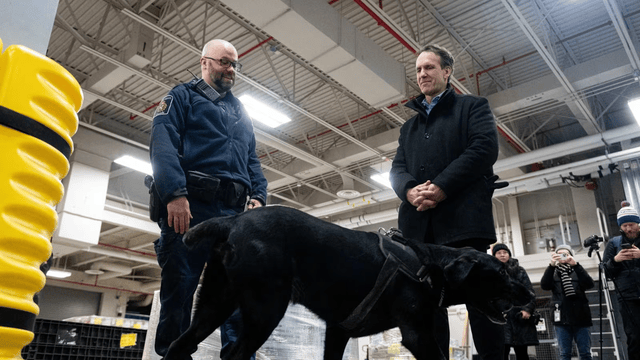
Voters wait in line to cast their ballots at an advance polling station in Ottawa on April 18, 2025. CBC
A new record was set in Canada as 7.3 million people cast their votes during the advance polls, according to Elections Canada. This figure represents a 25% increase from the 5.8 million Canadians who voted in advance during the 2021 federal election.
The advance polls were open from Friday to Monday over the long weekend, giving voters a chance to vote early. Elections Canada, the non-partisan agency overseeing elections, shared the preliminary numbers on social media and thanked election workers and voters for their patience.
The turnout was high, with over two million people voting on the first day alone, setting a new single-day record for advance voting. However, long lines were reported at many polling stations across the country. Some voters told CBC News they had to wait for hours before casting their ballots.
Despite the huge turnout, it is still unclear if the high number of advance votes will result in higher overall voter turnout for the entire election. Laura Stephenson, a professor of political science at Western University, pointed out that more people voted in advance in 2021 compared to 2019, but the overall voter turnout still decreased from 67% to 62%.
Elections Canada had about 28.2 million people registered to vote at the start of the campaign, an increase from the 27.5 million in 2021. However, this number does not account for those who may have registered later, including those who registered during the campaign.
The high number of voters during the advance polls suggests that Canadians are getting more accustomed to the idea of voting early. Stephenson believes that people now expect advance voting to be an option and find it more convenient.
While the advance voting period took place over a long holiday weekend, Stephenson noted that the turnout could have been influenced by several factors. However, the timing of the holiday did not appear to significantly affect voter participation.
Stephenson also mentioned that advance voting does not generally favor any specific political party. She said the only exception would be if a party faces a major scandal near the end of the campaign, as their advance votes would already be locked in.
In addition to advance polling, Elections Canada reported that thousands of Canadians had voted by special ballot. Special ballots include mail-in ballots and votes cast at local elections offices.
During the last federal election, more than 17 million Canadians cast their ballots, resulting in a voter turnout of 62.6%. With the record turnout in advance voting, it remains to be seen how this will influence overall participation in the election.















